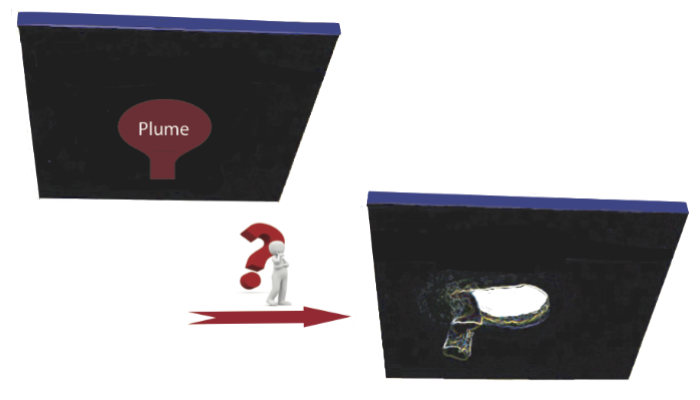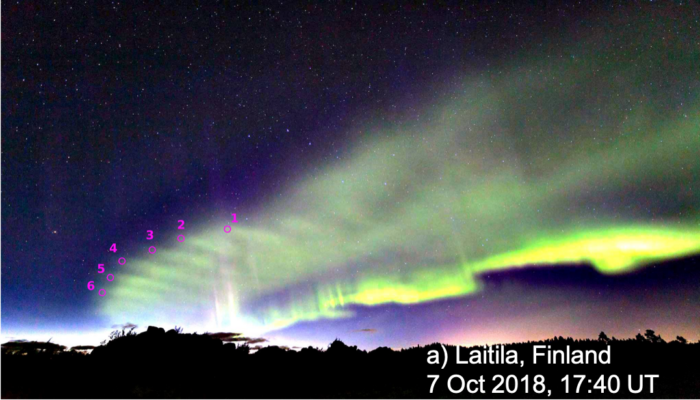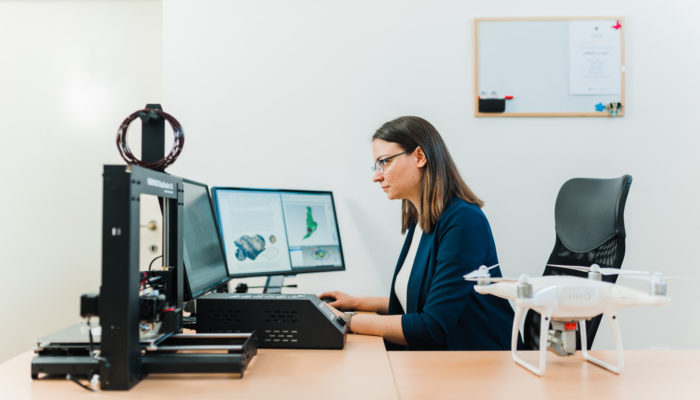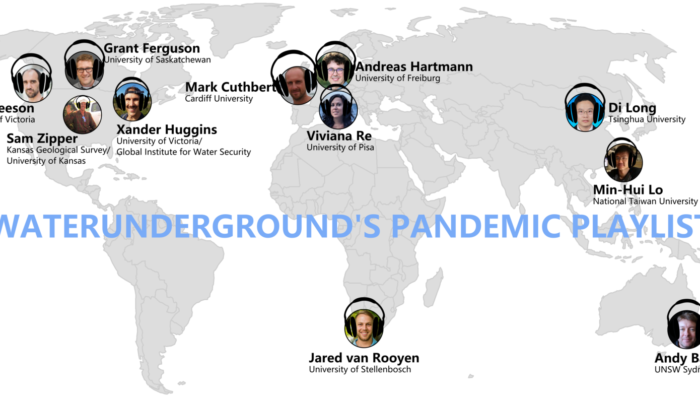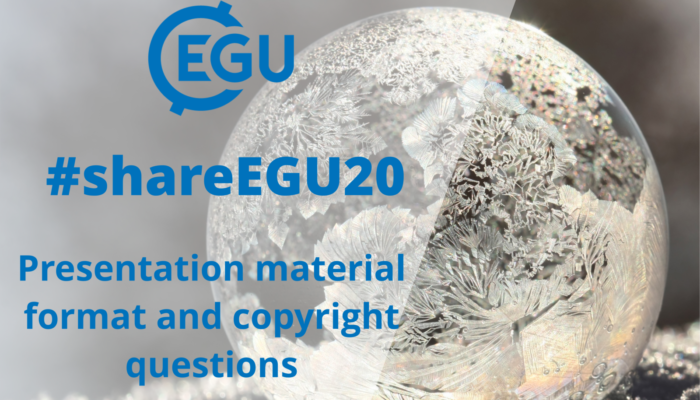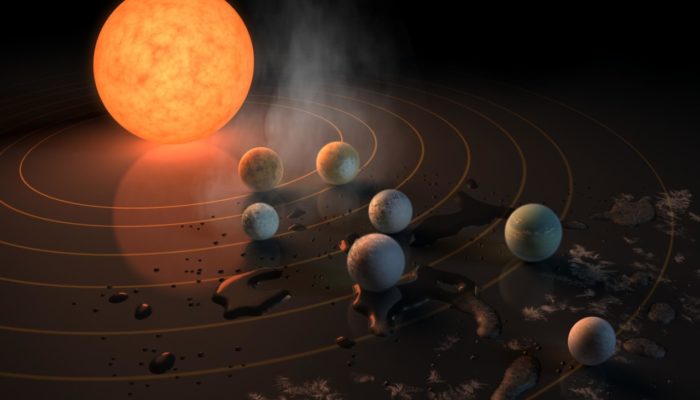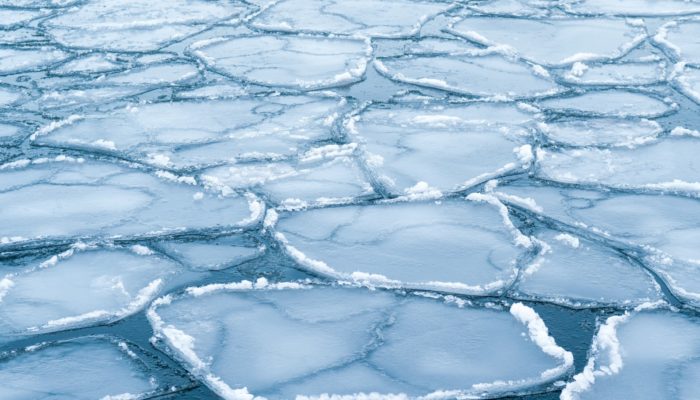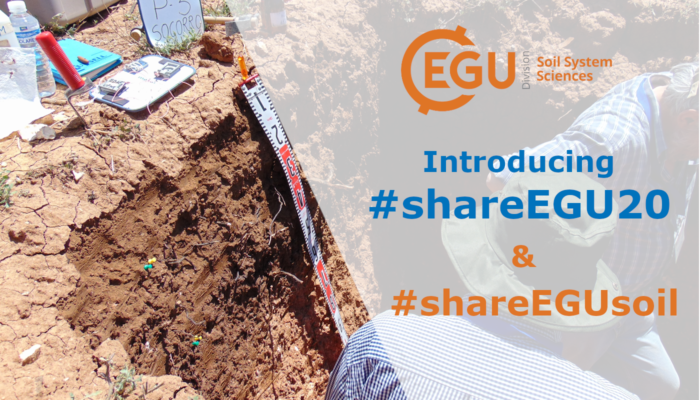This week in News & Views, dr. Marzieh Baes from GFZ Potsdam introduces us to the mechanisms behind subduction initiation. Moreover, she discusses the different types of subduction initiation in reaction to plume-lithosphere interaction that she observed in her recent 3-d numerical modelling study. Possible scenarios of subduction initiation According to plate tectonics, oceanic plates are for ...[Read More]
If you didn't find what you was looking for try searching again.
Solar-Terrestrial Sciences
New auroral dunes discovered through citizen science
The region of the Earth’s atmosphere lying at altitudes between about 80 and 120 km, corresponding to the mesosphere–lower thermosphere–ionosphere (MLTI), is often referred to as the “ignorosphere”, because its observation is so challenging that only a handful of measurements of its composition, temperature and other physical parameters have been obtained over the last few decades. It is, however, ...[Read More]
Geology for Global Development
Building trust through effective science communication
Barbara shares ideas on effective science communication. She explains why we should be interested, based on her own observations of emerging movements such as Flat Earthers and climate change deniers in the US and Brazil. How can we build trust in science? I would like to make an invitation to all my fellow scientists. Let’s make our research accessible! Use social media, Instagram, YouTube, Twitt ...[Read More]
Seismology
Representing the Possible: Dragana Ðurić
Hello Dragana, what is your story? My name is Dragana Đurić and I am a Ph.D. in Geophysics and Assistant professor at the University of Belgrade, Faculty of Mining and Geology, Department of Geophysics. My journey within the geophysics started in 2004 when I enrolled in my undergraduate studies. To be honest, geophysics wasn’t my first choice, but after I had finished the first year, I had ...[Read More]
WaterUnderground
underground social solidarity: our #PandemicPlaylist
In our last post, the WaterUnderground community shared our roses, buds, and thorns of our current situations amid the coronavirus pandemic and a picture of our #StayAtHomeAndStaySafe view. As promised, in this post we’re sharing the next installment of this solidarity-building exercise of ours: our ‘pandemic playlist’. Each of the contributors from last post have provided a song ...[Read More]
GeoLog
#shareEGU20: presentation material format and copyright questions
Due to the ongoing coronavirus outbreak, EGU has made the decision to cancel this year’s physical General Assembly in Vienna and instead offer a partial alternative meeting online, called #shareEGU20. Over the next few weeks in the run up to #shareEGU20, which will be held from the 4 – 8 May 2020, we will be posting regular updates and information about how to get involved, what EGU ca ...[Read More]
Tectonics and Structural Geology
Beyond Tectonics: Building fictional worlds to better understand our own
In this edition of “Beyond Tectonics” Ben Blackledge and Hannah Davies talk about worldbuilding and how it can be applied to the discipline of tectonics and tides. Ben Blackledge recently completed his MSc in Bangor and will soon be beginning a PhD in Bristol University. Let’s begin with a question. Are the tides always the same on every planet? Because of the force of gravity, ...[Read More]
Cryospheric Sciences
Did you know… the difference between sea-ice area and sea-ice extent?
At the beginning of March, just over a month ago, sea ice in the Arctic reached its annual maximum extent. As currently all media attention is focused on other news, you might have missed that, once again, this maximum fell below the 1981 to 2010 average maximum extent. When reading headlines about such sea-ice facts, you may have been confused by the seemingly interchangeable use of “sea-ice exte ...[Read More]
Geodynamics
The Sassy Scientist – Sharing Secrets
During the umpteenth conference call this week, it is finally time for Carrie to share her screen. So, naturally, she asks: Where is the share screen button? Dear Carrie, I am not sure how to break this to you. Indeed, I am not sure if I should be the person telling you this. However, since you ask, I feel obliged to divulge this secret to you. Just promise me you will not tell anyone. Okay? Do I ...[Read More]
Soil System Sciences
Trying out the virtual #EGU20 (spoiler: we made it, so should you!)
Firstly, we hope that all of you, as well as your relatives, are staying healthy and safe at home. COVID-19 has spread around the planet, sending billions of people into lockdown. We are sure that we can overcome this crisis by supporting each other and making our best with our individual actions. As you have probably noticed, the physical EGU General Assembly 2020 has been officially cancelled. D ...[Read More]

